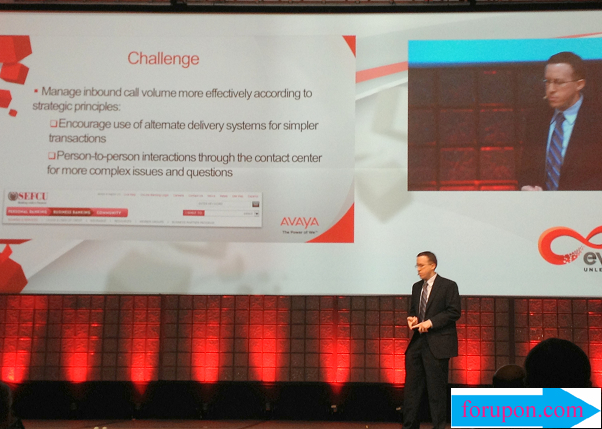Who should deal with your inbound marketing agency? The Head of Marketing or the CIO?
‘Inbound Marketing Agency’: For upon |We can all agree that digital marketing has both technical and marketing elements. SEO, in particular, calls for things like changes to the code and server settings; while paid search and paid social often require new landing pages to be developed – tasks that most marketers wouldn’t be expected to know how to implement. So, in mid to large organizations where you have both marketing and IT teams in-house, it’s often a struggle to decipher who works best as the point of contact for the external digital marketing agency: the CIO (IT Director) or the CMO (Marketing Director)?
In 2011, Gartner predicted that CMOs would spend more on IT than CIOs by 2017. This, they believe, is because technology lies at the heart of marketing today. The study found that Marketing holds responsibility for selecting and managing marketing service providers at 83 percent of enterprises surveyed.
However, an Economist Intelligence survey by Accenture uncovered a disparity between what CEOs wanted from their CMOs and what they actually focussed on. CEOs wanted more emphasis on integrated customer experience – this is identified as requiring “improved collaboration with sales and service on integrated channel initiatives and with the CIO on technology decisions to enable more relevant experiences in real-time”.
So there is certainly overlap and a need for the CIO and CMO to work closely together with the digital agency to implement recommendations and achieve results together. The tricky situation is fleshing out who is responsible for which tasks.
Complexity within Digital Marketing: Who Does What?
Marketing roles are getting more complex than ever, as growing enterprises fuel a need for landing page development; bug fixing of CRM and inbound marketing software; lead nurturing and scoring; social marketing; PPC advertising; mobile marketing; customer analytics; and SEO of content and website code – all of which contain tasks that overlap both departments.
Website Analytics is one of the areas accessed by both IT and Marketing. But each one is looking for different things: the IT team looks for technical problems, missing links, and speed, while the Marketing team looks for clicks, lead flow, customer time-on-site, and ultimate conversion to a sale.
Within technical SEO, it would seem the area of IT to fix technical issues like mobile optimization, slow page speed, broken links, broken code, and fixing a history of poor link building; while marketing would be required to address duplicate and thin content, landing page copy, meta title, and description optimization and so on.
What is the Ideal?
If the marketing department was freed of the technical aspects of SEO, PPC (pay-per-click), and website user interface design, they would be able to focus on higher-level goals, like the overall customer experience and new innovations. So who is the best point of contact for the digital agency?
The ideal would be the CIO and the CMO working together. Both (or a manager level representative from each team) should be copied on all emails to and from the agency, and attend all meetings, and then internally work together to divide out tasks and assign particular responsibilities to the team, as well as follow up on overdue tasks and deadlines.
This will allow the agency to focus on proactive strategy and consulting (rather than the admin of chasing tasks and implementation); the IT department can focus on technical tasks within their remit, and the marketing department can move more in line with the CEO expectations outlined in that Economist Intelligence survey by Accenture we referenced above and focus on integrated customer experience.
Benefits of Further Training
When teams work together like this, but tasks are divided into separate silos, it can become difficult to see the bigger picture. A member of the IT department might question the benefit of being asked to carry out a seemingly menial task like manually compressing images or fixing 1000+ 404 errors. But if they understood the benefits to market and sales of a faster website and improved user experience they would understand that their task holds strong merit.
Therefore it is of huge benefit to provide further education training in the area of digital marketing to staff in both the marketing and IT departments – to help them understand their important role in the digital transformation of the company and how they can work more smoothly together and with the digital agency to achieve greater results for their teams and for the business.
The article was originally published here.
TO GET MORE KNOWLEDGE ABOUT ‘Inbound Marketing Agency’, PLEASE VISIT OUR SITE: forupon.com.


Comments are closed.